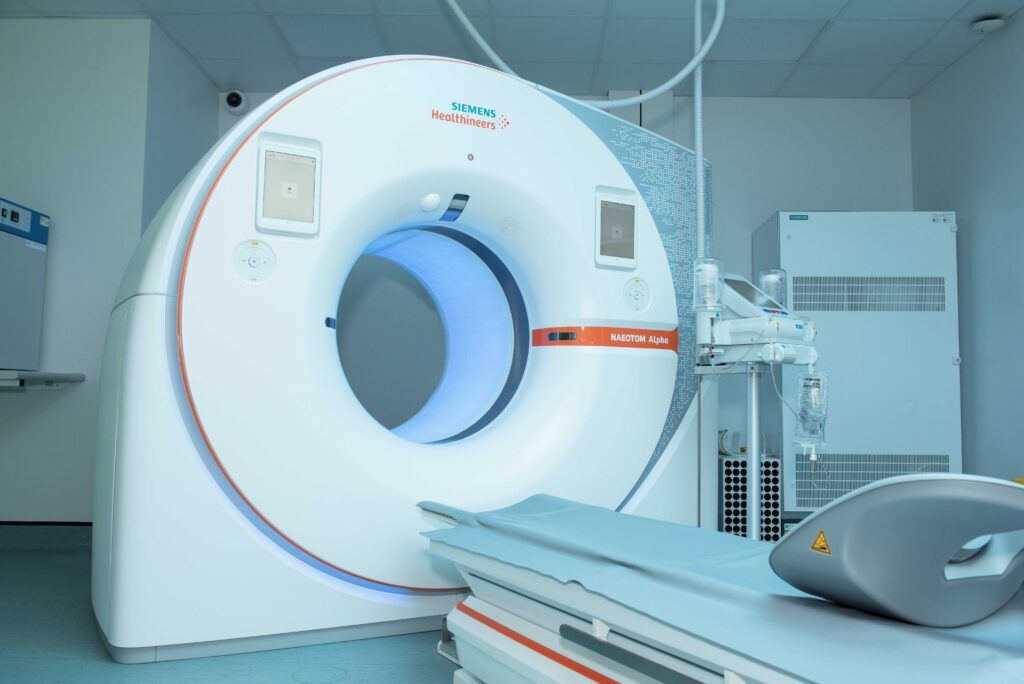AI Heart Failure Breakthrough Secures FDA Clearance with 95% Accuracy

AI-Powered Cardiac Care Reaches Critical Milestone
A new wave of AI diagnostic tools is transforming cardiology, with Ultromics' EchoGo Heart Failure system becoming the first FDA-cleared AI to detect heart failure with preserved ejection fraction (HFpEF) from single echocardiogram images. This comes days after Northwestern University researchers demonstrated an AI model that predicts heart failure risk years in advance using CT scans (94% accuracy in trials).
Why This Matters
Heart failure affects 6.2 million Americans, with HFpEF accounting for 50% of cases. Traditional diagnosis often requires invasive tests, but Ultromics' solution analyzes standard echocardiograms using proprietary algorithms trained on 15,000 patient scans. Northwestern's approach goes further, examining calcium deposits and myocardial blood flow patterns across 3D cardiac CT reconstructions.
Key Players
- Ultromics: Partnered with NIH on their AMP Heart Failure program
- Northwestern Team: Developed light-controlled pacemakers compatible with their AI system
- Scripps Research: Created a 53-factor ML model for 10-year CAD risk prediction (AUC 0.81)
Clinical Impact
In a 1,108-patient trial, AI-analyzed CT scans detected ischemic myocardial volume with 97% agreement versus manual experts. When predicting major cardiac events, the system improved risk classification for 24% of patients compared to traditional methods.
Future Implications
Dr. Shuo Li of Case Western Reserve predicts: 'By 2026, these tools will enable weekly cardiac health checks via smartphone-connected wearables.' The FDA clearance paves the way for Medicare coverage decisions later this year, potentially making AI echocardiography standard practice.
Social Pulse: How X and Reddit View AI Cardiac Diagnostics
Dominant Opinions
-
Clinical Optimism (58%): @CardioAI_Expert: 'Finally moving beyond ejection fraction! This helps diagnose the 1M+ HFpEF cases misclassified annually' r/Medicine post: 'Our hospital piloted EchoGo - reduced diagnostic time from 3 days to 20 minutes'
-
Data Privacy Concerns (27%): @HealthTechEthics: 'Who owns the 15,000 cardiac scans used for training? Patients weren't compensated' r/sysadmin thread: 'HIPAA-compliant AI requires overhauling hospital IT infrastructure'
-
Implementation Skepticism (15%): @OldSchoolCardio: 'Still need biopsy for definitive diagnosis - AI can't replace clinical judgment yet' r/Futurology comment: 'Hospitals will resist tech threatening lucrative testing revenue streams'
Overall Sentiment
While clinicians praise the diagnostic speed improvements, heated debates continue about reimbursement models and algorithmic transparency in high-stakes medical AI.